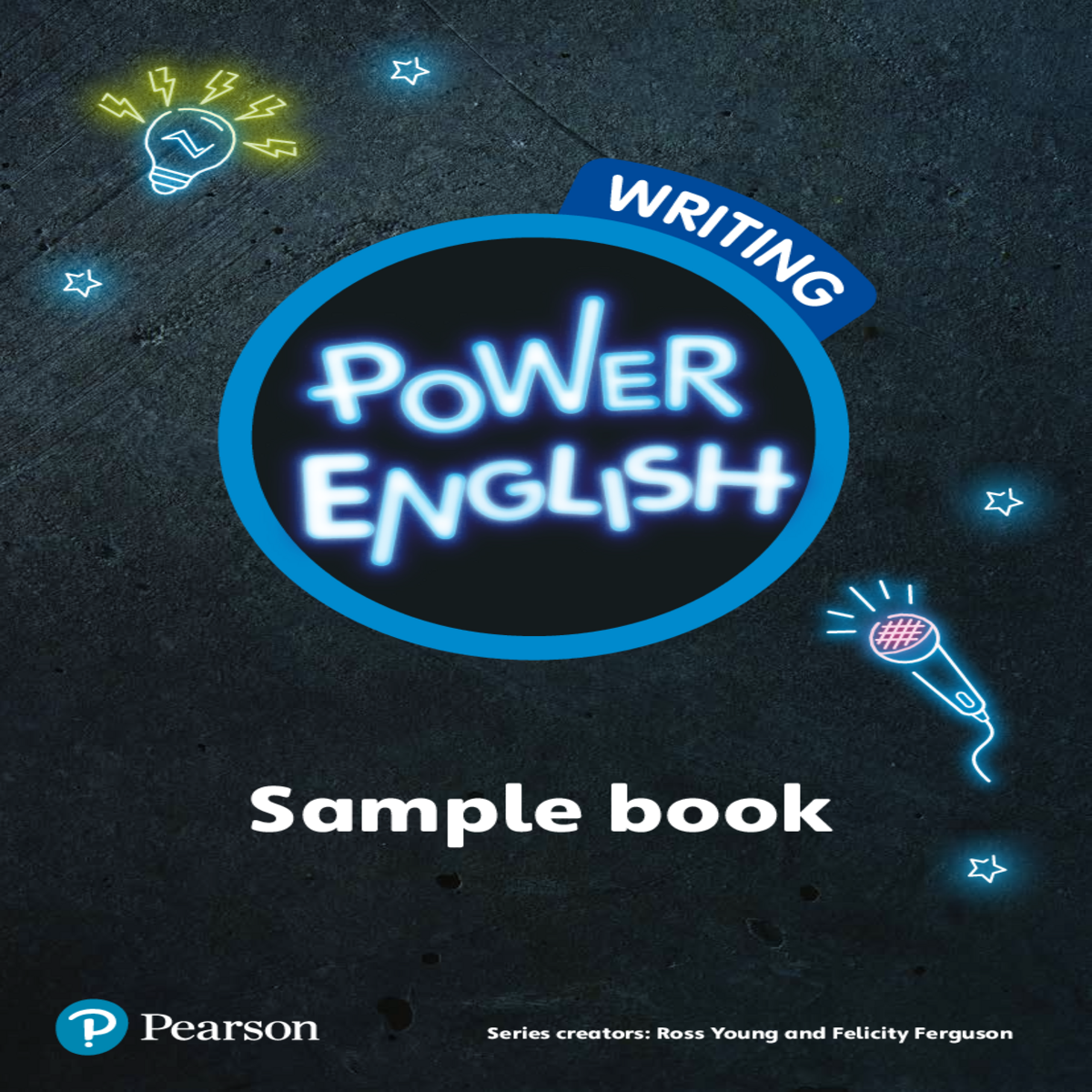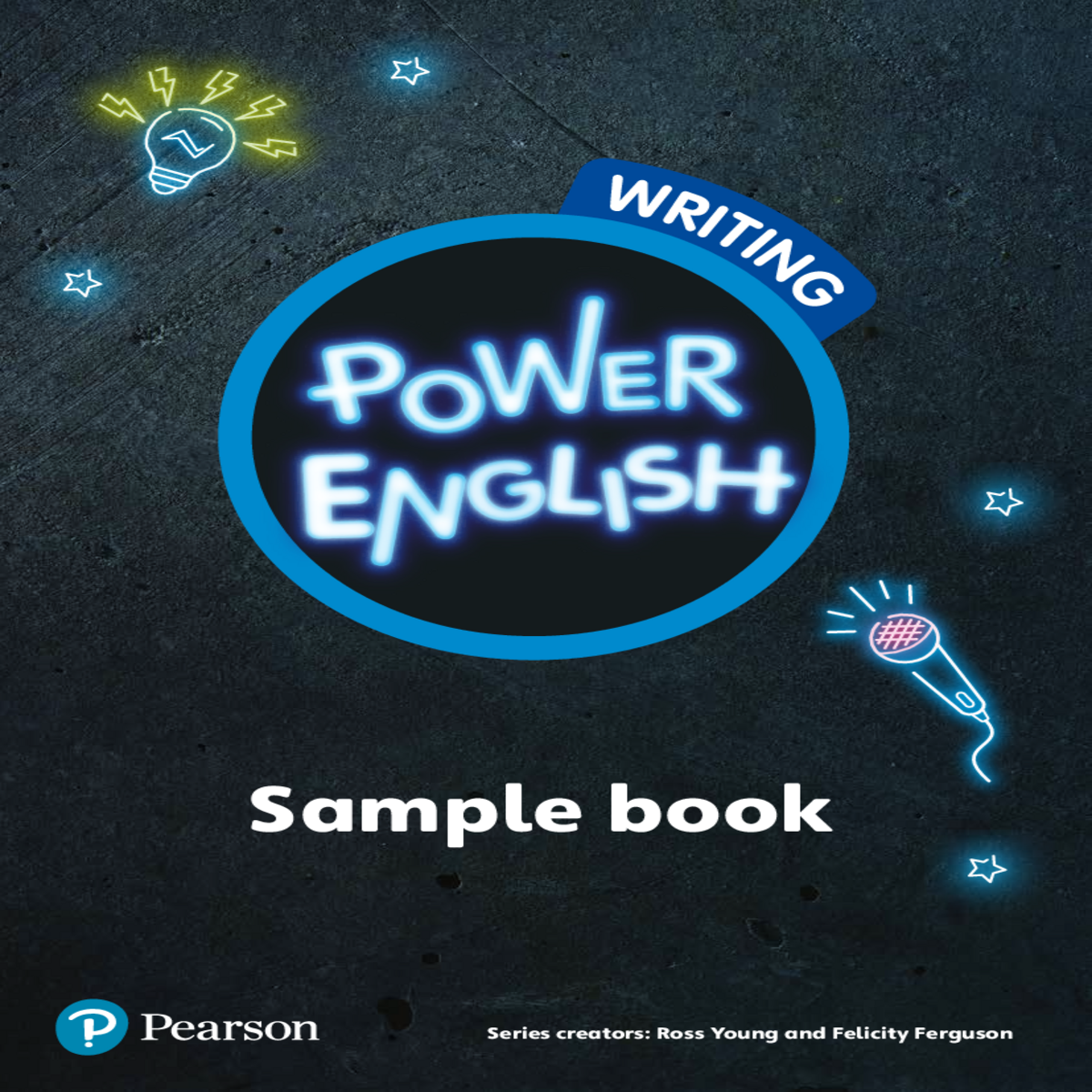Pxx help with their planning the class writing project
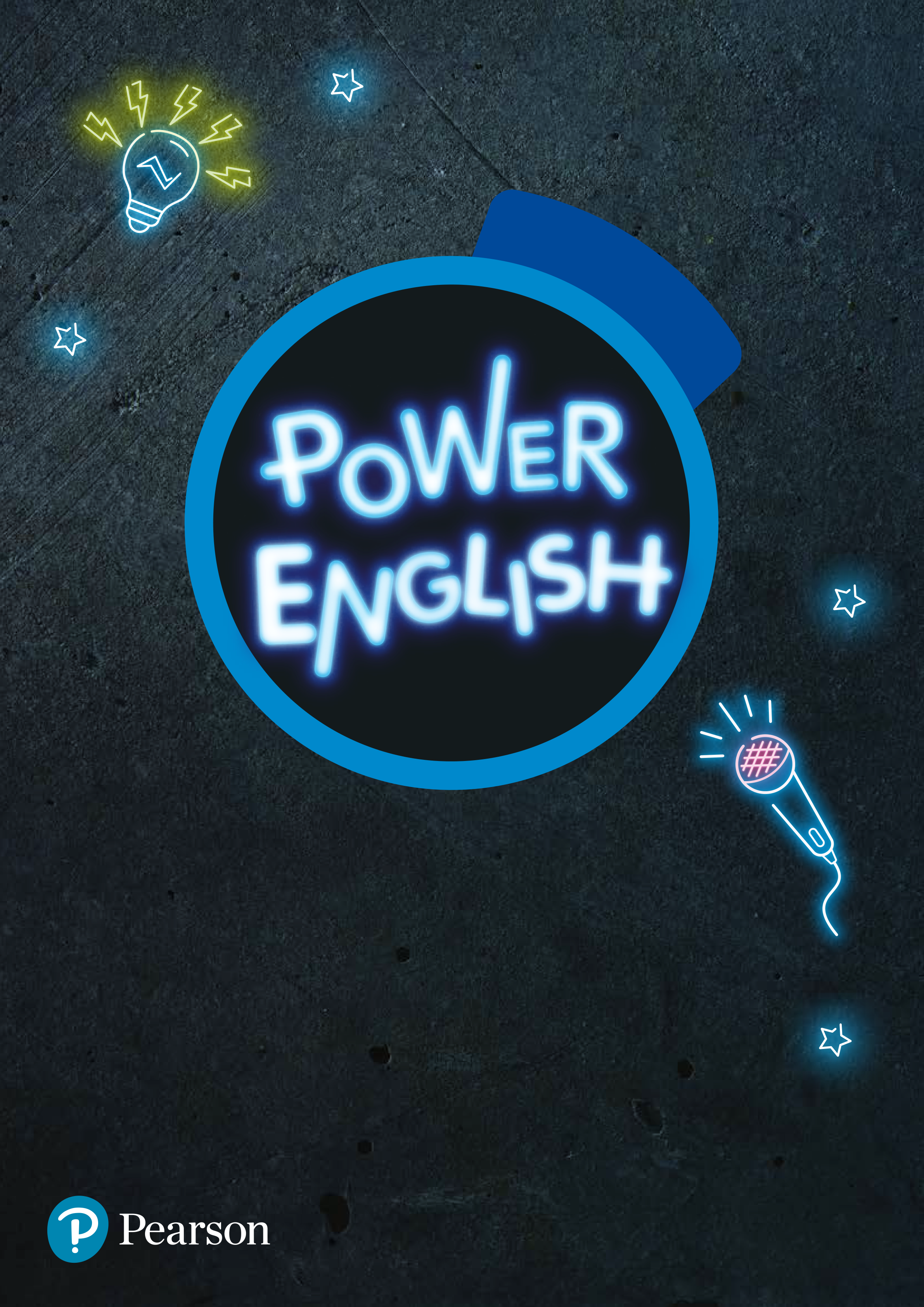
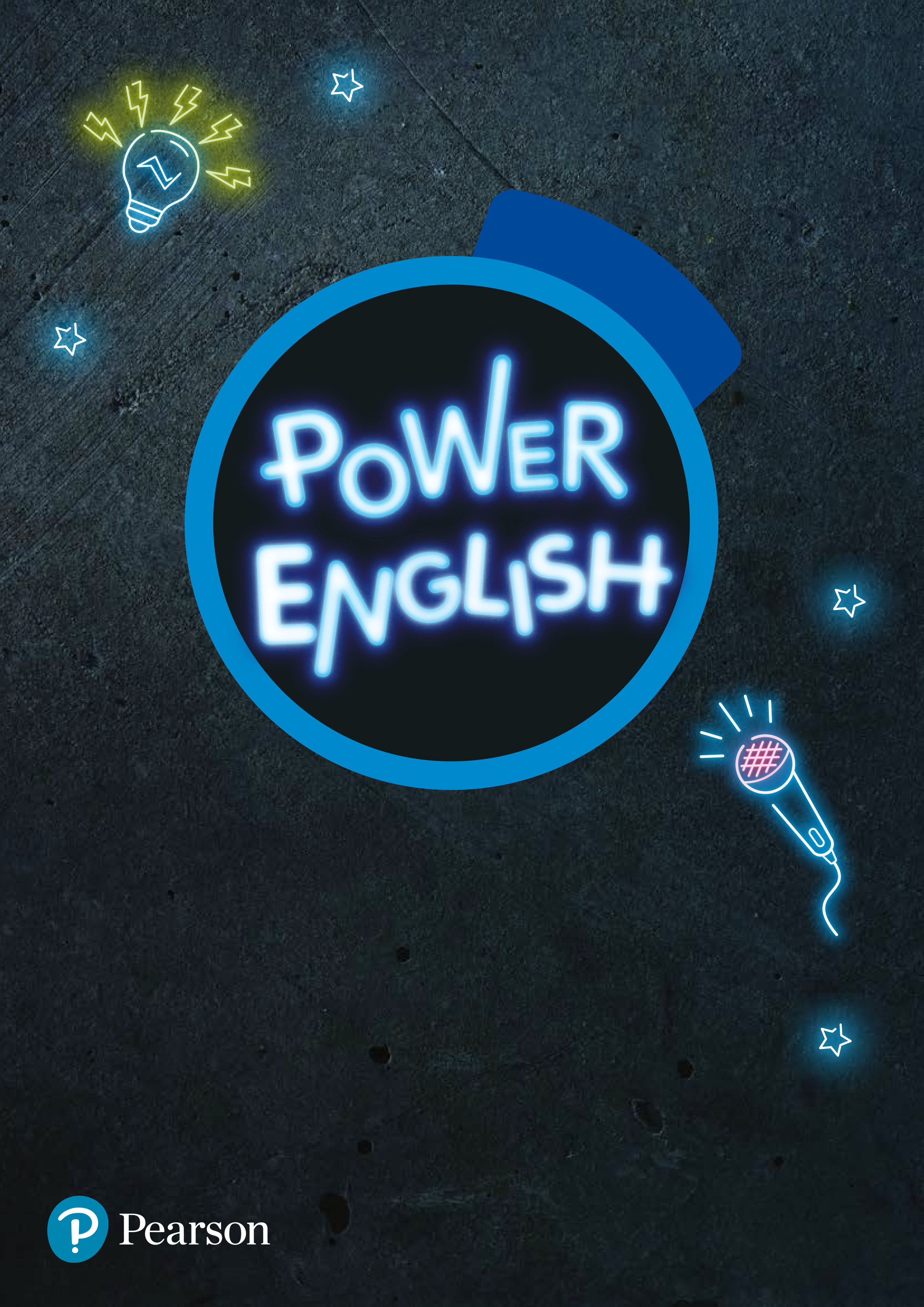
Sample book
| About the series creators Felicity Ferguson (who often goes |
Contents |
|---|
Ross is a teacher at a primary
school and Phil works full-time
| P4 |
|
|---|
| speaking, reading and writing | P6 | |
|---|---|---|
| about teaching literacy in an |
P22Child-facing genre booklet
teachers; teachers who write and
| writers who teach. | P31Child-facing planning grid |
|---|
Power English: Writing is based on four interrelated practices. You’ll teach genre
through Genre-study lessons. These lessons bring the whole class together to
take part in an independent writing project. Together, you and the children learn
about and discuss the purpose and audiences for the particular genre, look at
how writers have crafted it effectively and generate ideas for how you want to
use it for yourselves.Alongside this focus on genre, Functional Grammar Lessons will give your
learners explicit instruction in the various linguistic resources they can use to
make their writing clear. The lessons show children how and why they might
use particular grammatical items in the context of their own writing rather than
through the completion of exercises.
|
|||
|---|---|---|---|
| 1 |
|
||
|
|||
Writing Workshop
| 4 |  |
|---|
Why write a fable?
We oft en tell each other cautionary tales of mishaps, near-misses and comeuppances where we have had to learn a lesson the hard way. Perhaps you learned that you really should not play with scissors aft er you accidentally almost cut your friend’s fi nger off ! We might also remember our grandparents, parents, teachers and people in authority telling us stern warning stories. Children can’t escape fables!
Why write a fable for yourself or your class?
You might enjoy teaching a lesson about life to others in an entertaining way.
Your fable should start by introducing a character(s) to your readers. Give your character a quality, such as greedy, kind, industrious, brave, foolish, lazy or cunning, then describe an event that will either end well or badly. Make the lesson clear, stating it at the end of the story.
(TENOR) What is your role as the writer?
Your text will be a short narrative written in paragraphs. Your readers should be able to identify a clear beginning, middle
| THINGS TO BEAR IN MIND |
|
|
|---|---|---|
|
|
|
|
|
|
|
||
|
||
|
||
|
| Power_english_teacher_guide_year 3.indb 95 | 10/12/2018 15:54 | Power_english_teacher_guide_year 3.indb 96 | 10/12/2018 15:54 | ||
|---|---|---|---|---|---|
| 6 |
|
7 |
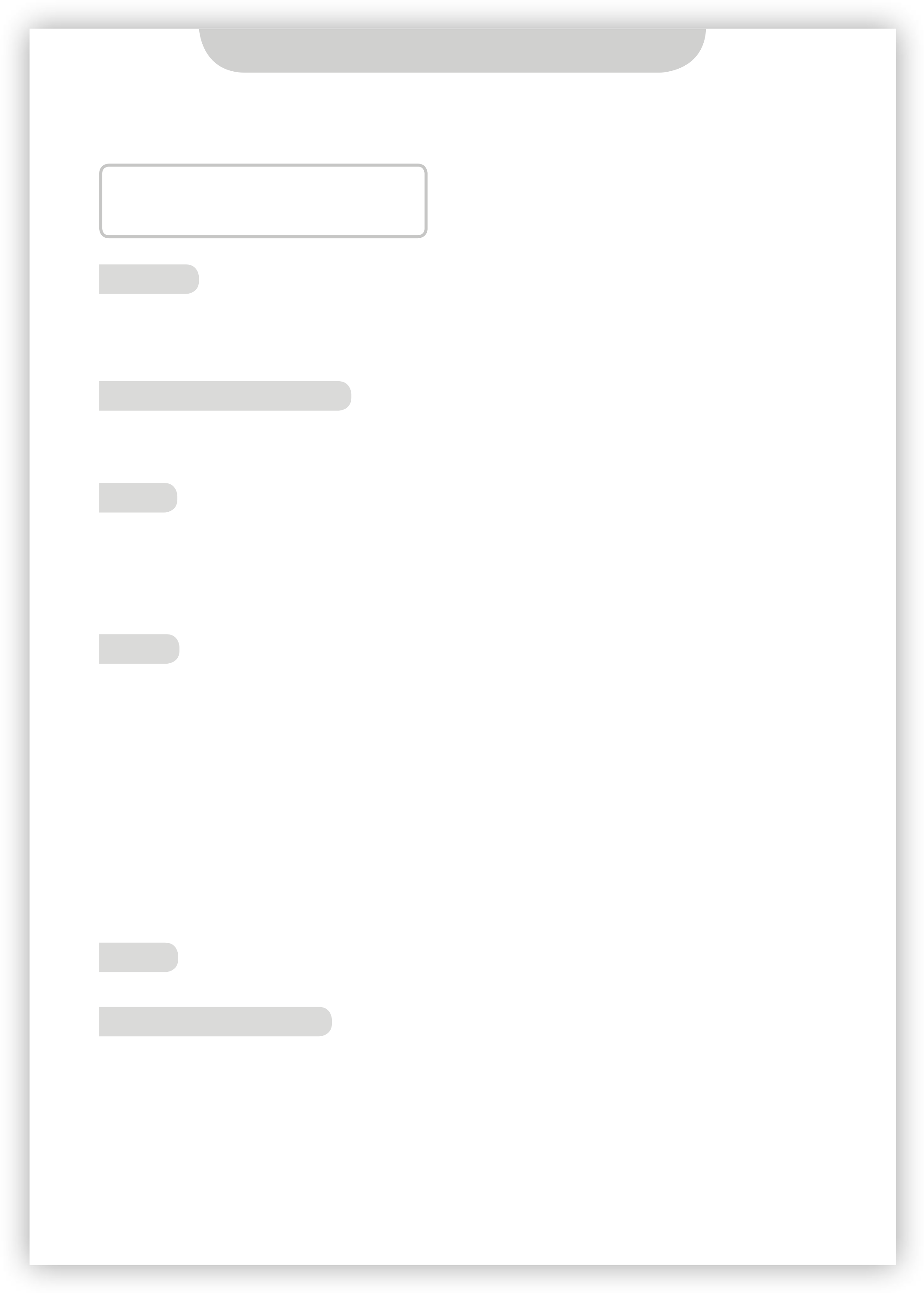
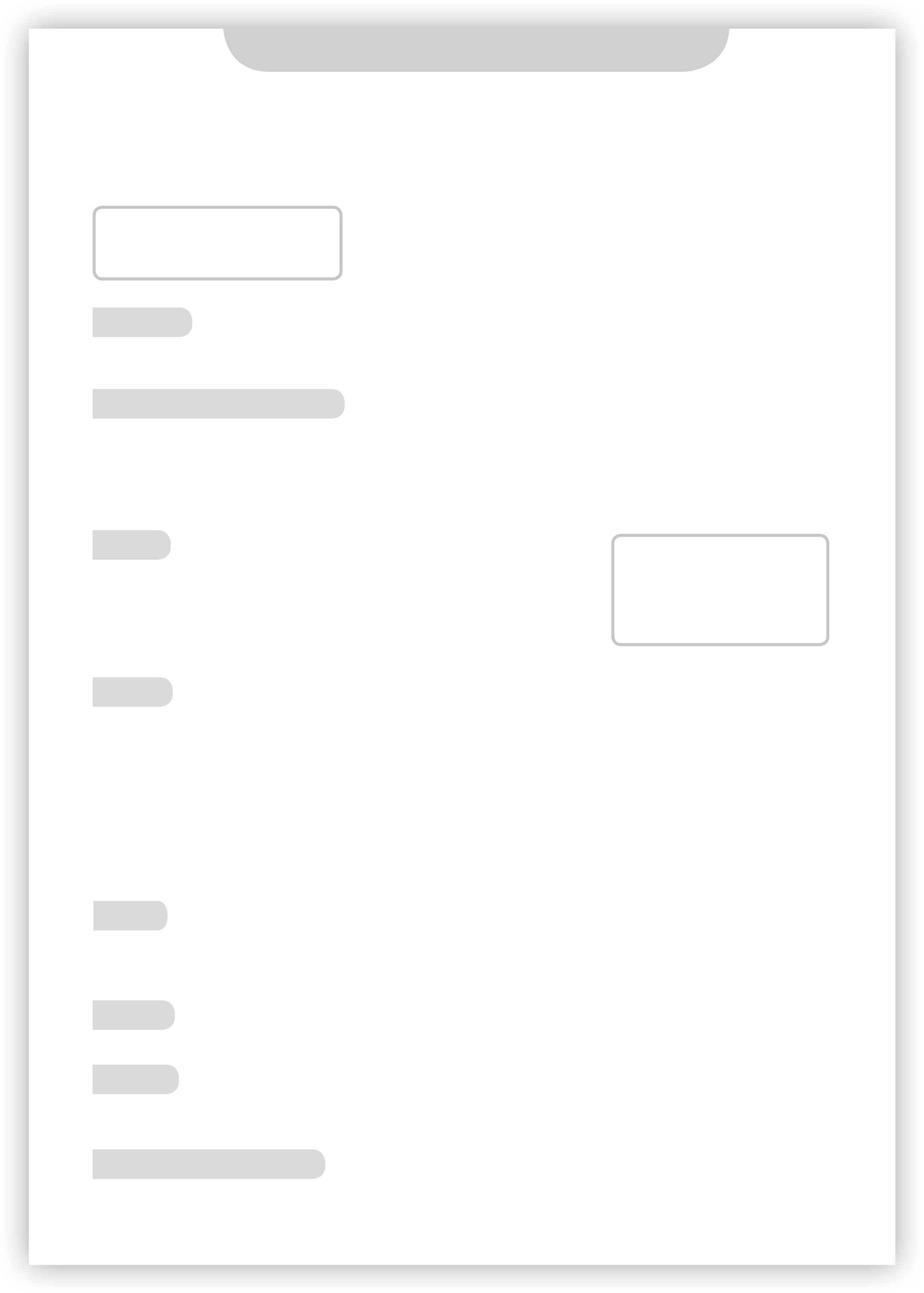
| Class writing goal |
|---|
To discover what makes a good fable
OVERVIEW
|
|||
|---|---|---|---|
| • Fables 1 (Traditional fables) genre booklets | |||
| • Pre-written exemplar fables: | |||
| STUDY | As you develop your confidence | ||
|
|||
• What would you ask the writer if they were here?
Explain to children that good fables have a specific focus rather than a general focus. You can use the analogy of mining for diamonds. Children should focus on finding a single diamond from all of their ‘rocky ideas’ and make that diamond shine. These ‘diamond moments’ are the moments that writers care about the most.
|
• Why do you think I / the writers chose my / their topic(s)? | |
|---|---|---|
| • What sort of diamond moments were chosen by me / the other | ||
| writers? | ||
|
||
PERSONAL WRITING PROJECTS
Once the class writing goal for each session is complete, children continue with their personal writing projects at their own pace,
using their preferred writing processes. See page xx for more information on personal writing projects and pupil conferencing.
| Power_english_teacher_guide_year 3.indb 97 | 97 | 10/12/2018 15:54 | Power_english_teacher_guide_year 3.indb 98 | 98 | 10/12/2018 15:54 |
|---|---|---|---|---|---|
| 8 | 9 |
Genre study 3: Where can fables go wrong?
Genre study 4: Generating ideas for fables
In this lesson, children will learn about and experiment with a range of techniques for generating ideas for their fables. They will then choose one idea to use for their class writing project.
|
|||
|---|---|---|---|
| • Fables 1 (Traditional fables) genre booklets | |||
|
• Access to the internet |
|
|
| As a class, read the ineffective examples of fables. | |||
|
|||
|
|||
|
|
|
|---|---|---|
PLENARY
Each child or group can share their ideas for their fables. The class can give suggestions about possible characters and
storylines to teach the moral.
| Power_english_teacher_guide_year 3.indb 99 | 99 | 10/12/2018 15:54 | Power_english_teacher_guide_year 3.indb 100 | 100 | 10/12/2018 15:54 |
|---|---|---|---|---|---|
| 10 |
|
|
11 |
|
To plan our fables |
|---|
To plan our fables
|
|---|
The following mini-lessons may be particularly useful at the planning stage: • Choosing a story arc
• Using a planning grid
|
|---|
and end of the fable).
|
|
|---|
• Who is your main character – why them?
|
|
|---|
| Power_english_teacher_guide_year 3.indb 101 | 10/12/2018 15:54 | Power_english_teacher_guide_year 3.indb 102 | 10/12/2018 15:54 | ||
|---|---|---|---|---|---|
| 12 | 13 |
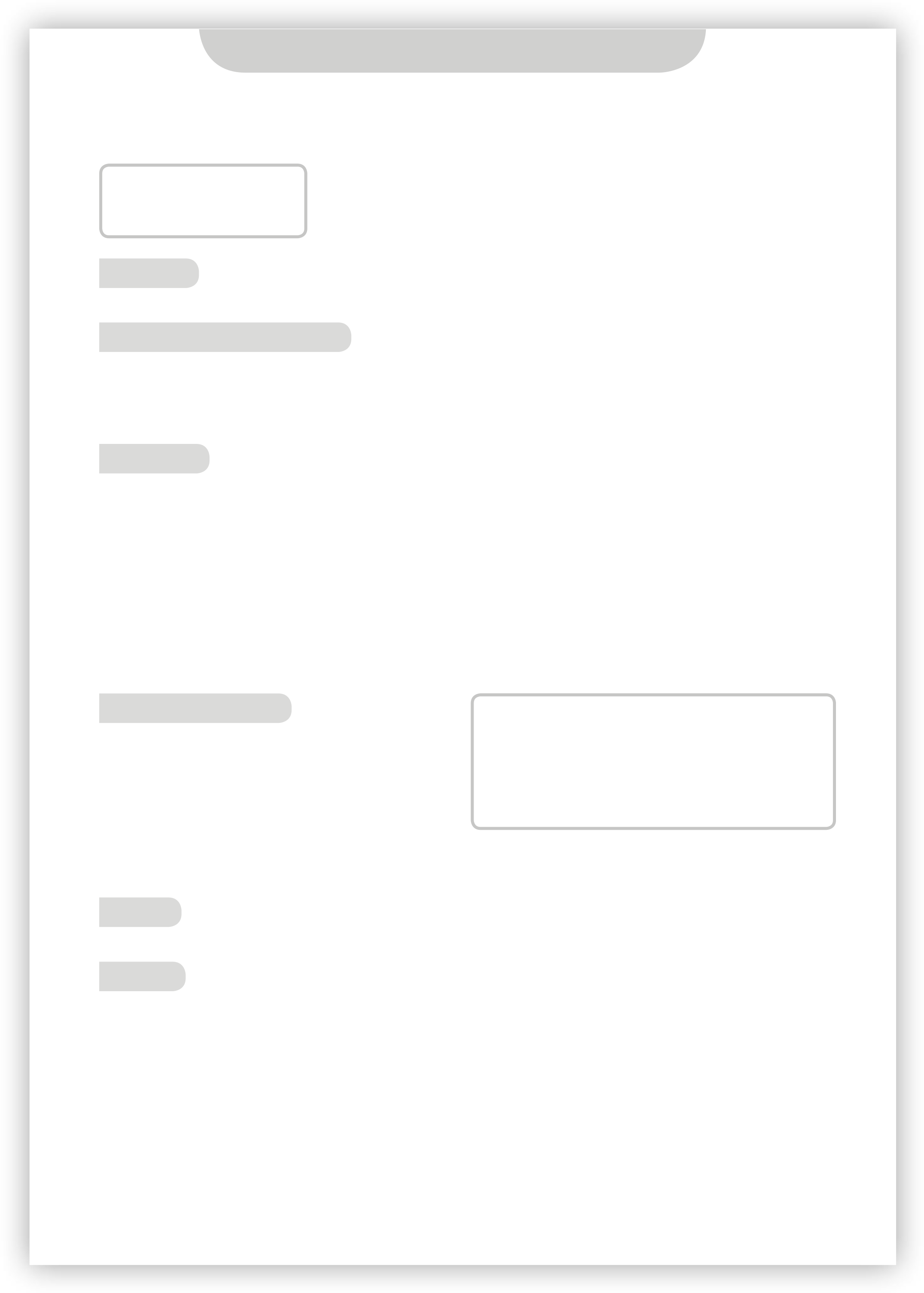
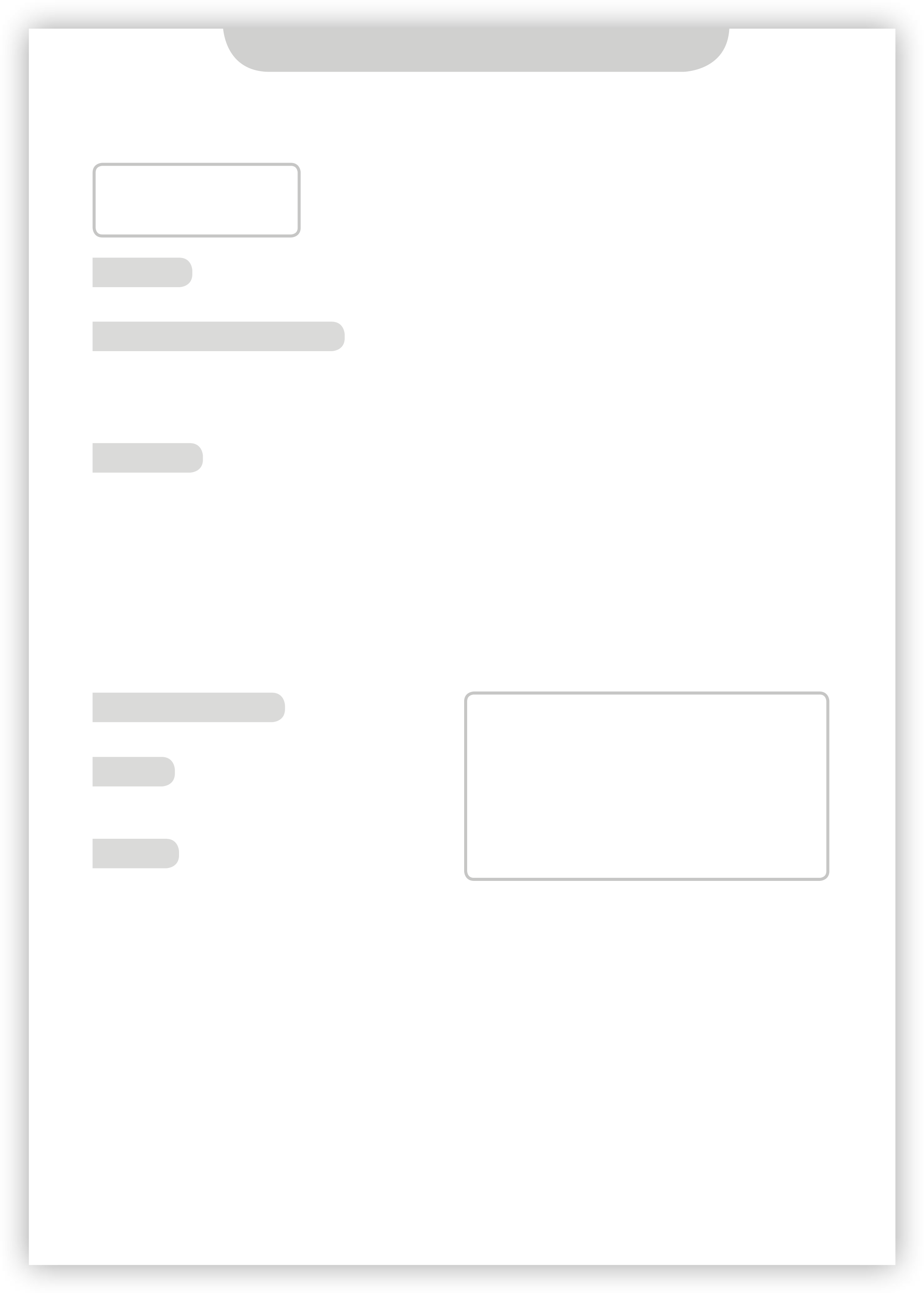
Class writing project: Fables 1 (Traditional fables) Class writing project: Fables 1 (Traditional fables)
|
|
||
|---|---|---|---|
| CLASS WRITING SESSION |
|
||
|
Children continue to develop their drafts. | ||
| PLENARY |
|
||
|
|||
|
|||
|
|||
| SUPPORT | |||
Children share their drafts, following the established class sharing routine.
SUPPORT
| Power_english_teacher_guide_year 3.indb 103 | 10/12/2018 15:54 | Power_english_teacher_guide_year 3.indb 104 | 10/12/2018 15:54 | ||
|---|---|---|---|---|---|
| 14 | 15 |
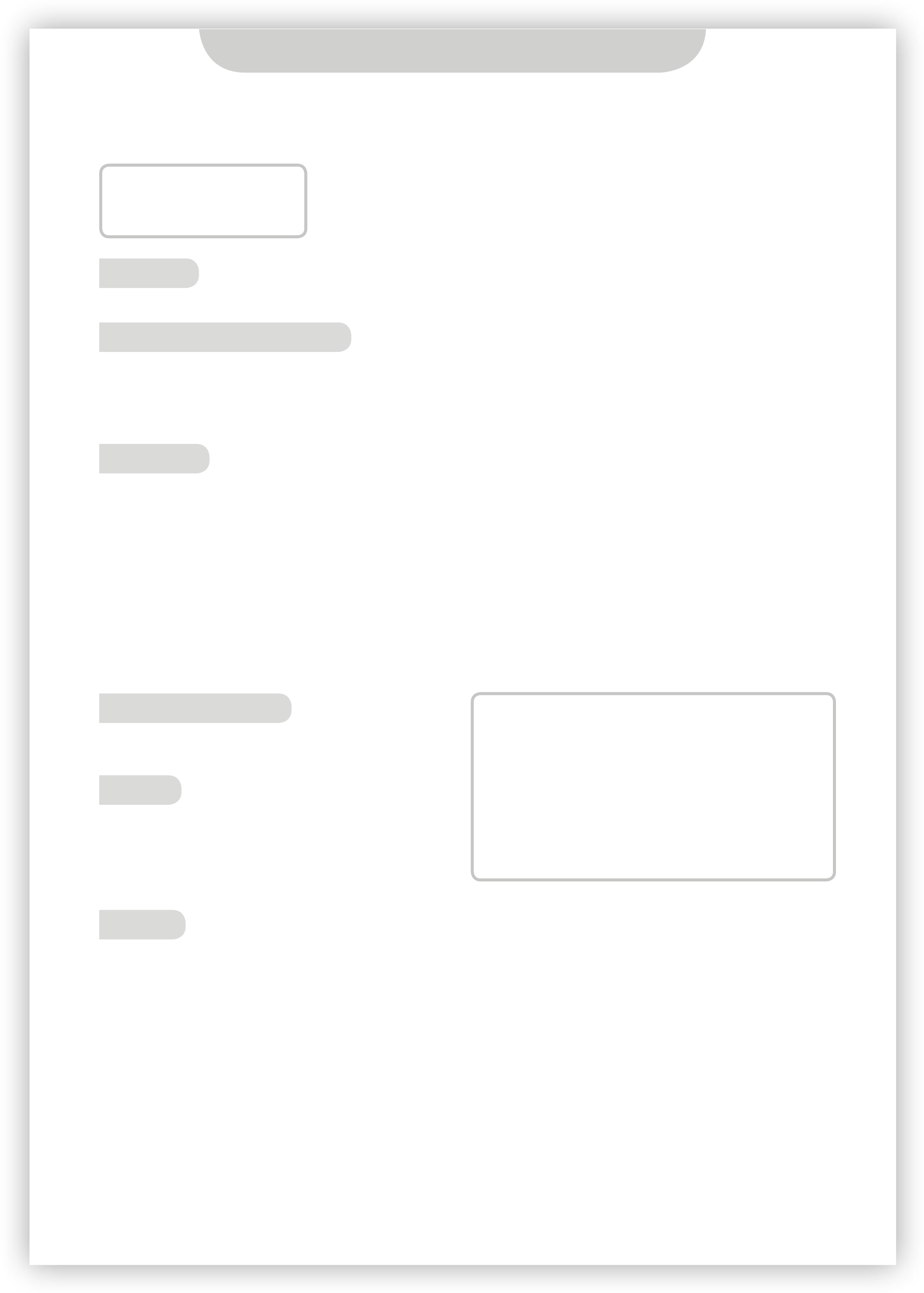
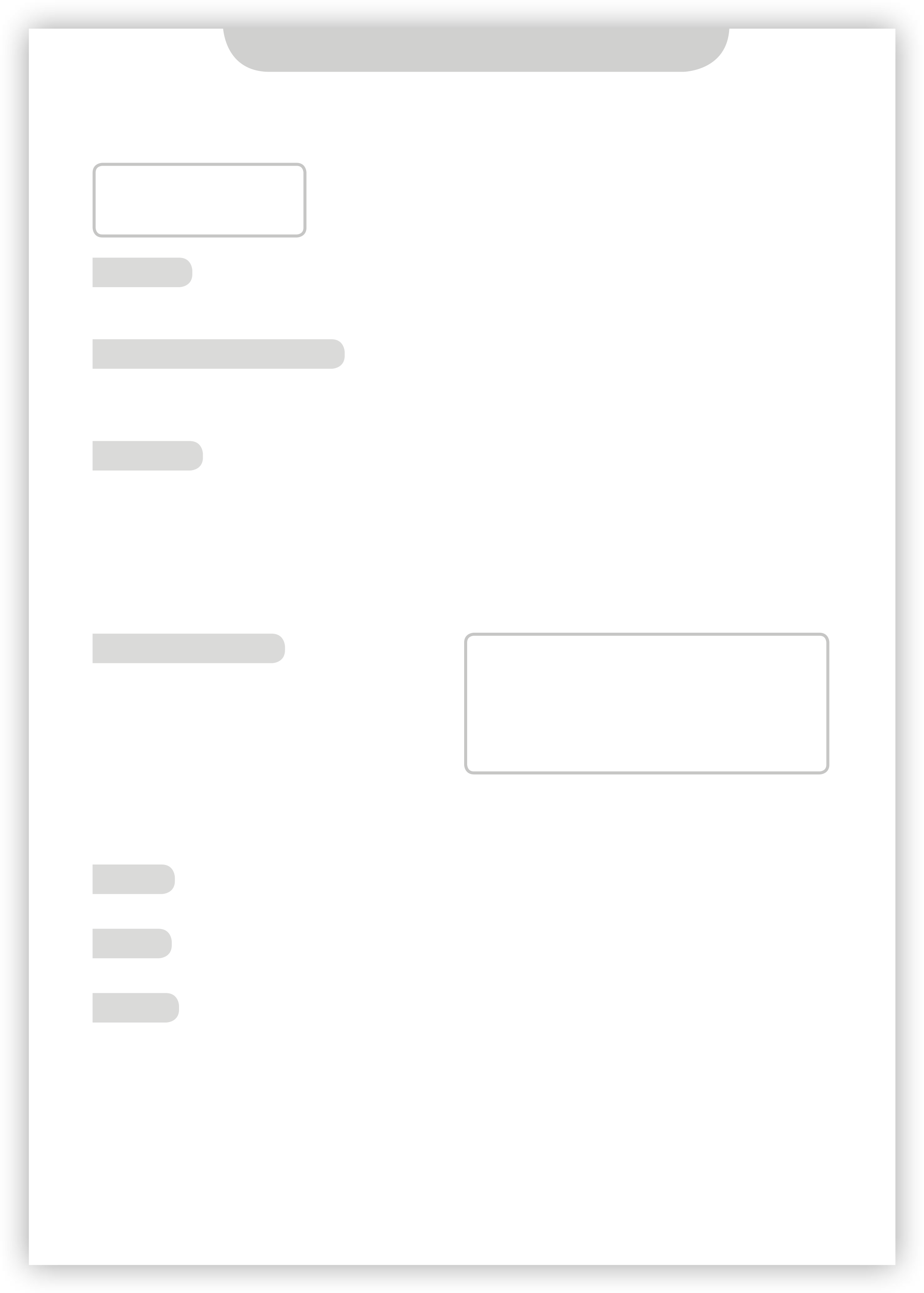
Class writing project: Fables 1 (Traditional fables) Class writing project: Fables 1 (Traditional fables)
|
PREPARATION AND RESOURCES |
|---|
Choose from the suggested mini-lessons for this writing project, which cover aspects of writing study, grammar and punctuation.
The following mini-lessons may be particularly useful at the revision stage:
|
|||
|---|---|---|---|
|
|||
| You may also wish to consider some of the functional grammar study mini-lessons listed in the previous lessons. | |||
| CLASS WRITING SESSION | |||
|
|||
|
|||
| Explain to children that they are now going to start | |||
| revising their piece of writing. Remind them that if | |||
| they have many changes to make they can create a | |||
|
|
||
|
|||
|
|||
|
|||
|
|||
|
|
||
Children share their revised drafts, following the established class sharing routine.
DEEPEN
Once children are happy that their writing makes sense, encourage them to look in more detail using their revision checklist.
| Power_english_teacher_guide_year 3.indb 105 | 105 | 10/12/2018 15:54 | Power_english_teacher_guide_year 3.indb 106 | 106 | 10/12/2018 15:54 |
|---|---|---|---|---|---|
| 16 | 17 |
Class writing project: Fables 1 (Traditional fables) Class writing project: Fables 1 (Traditional fables)
Writing lesson 7: Revise
|
|
||
|---|---|---|---|
| • Lower KS2 editing checklist (ITR and PCM, pxx) | |||
| • Tips and Tricks cards | |||
|
|||
|
|||
|
CLASS WRITING SESSION | ||
|
|
||
|
|||
|
|||
| Power_english_teacher_guide_year 3.indb 107 | 10/12/2018 15:54 | Power_english_teacher_guide_year 3.indb 108 | 10/12/2018 15:54 | ||
|---|---|---|---|---|---|
| 18 |
|
|
19 |
|
|
||
|---|---|---|---|
| CLASS WRITING SESSION |
|
||
|
|||
|
|||
|
|||
|
|||
Children complete the publishing of their fables. Ensure that they continue to refer to the presentation tips.
| Power_english_teacher_guide_year 3.indb 109 | 10/12/2018 15:54 | Power_english_teacher_guide_year 3.indb 110 | 10/12/2018 15:54 | ||
|---|---|---|---|---|---|
| 20 |
|
21 |
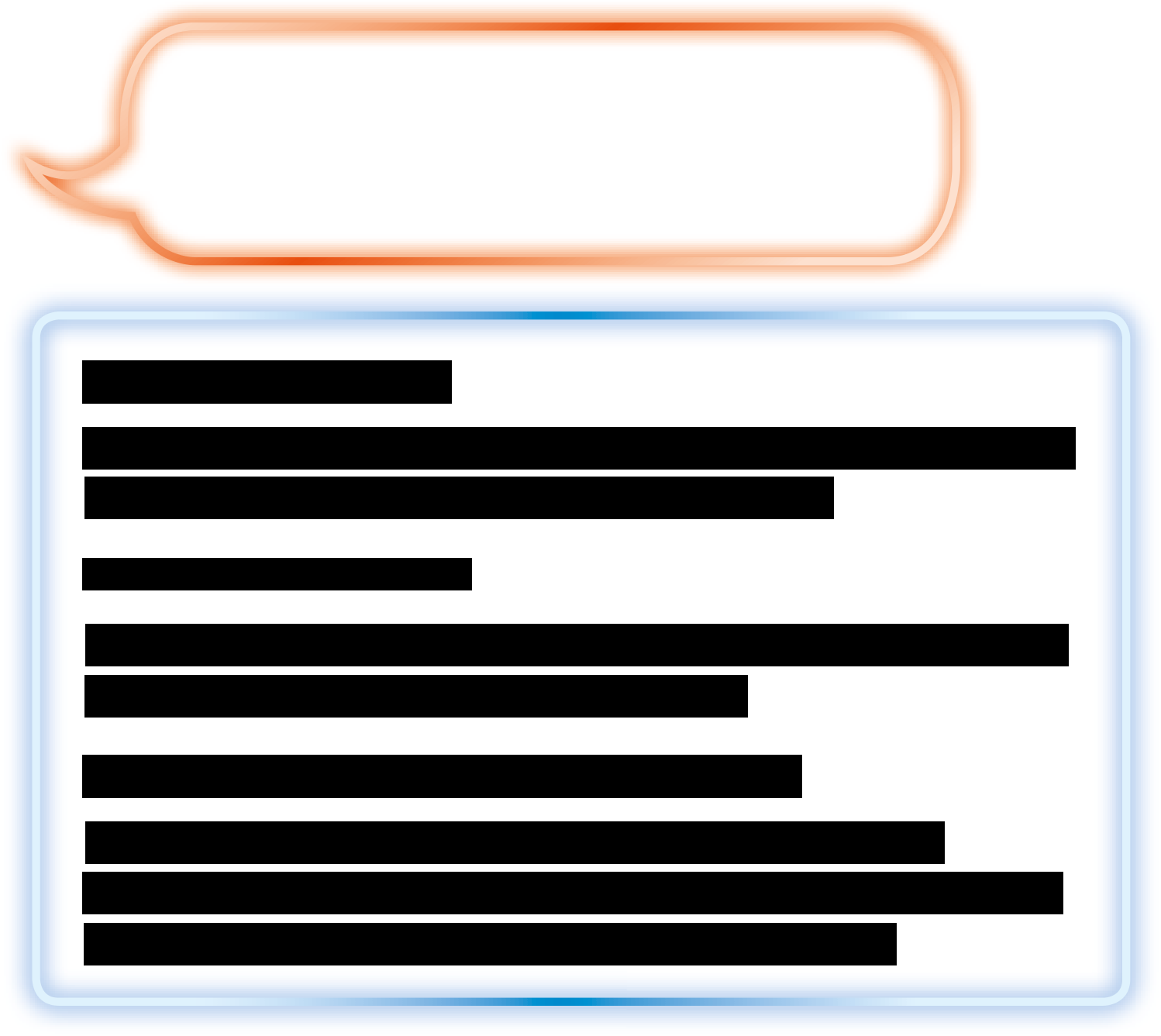
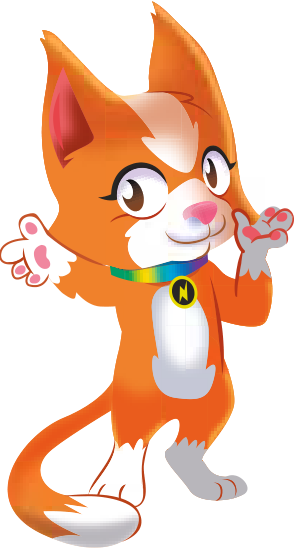

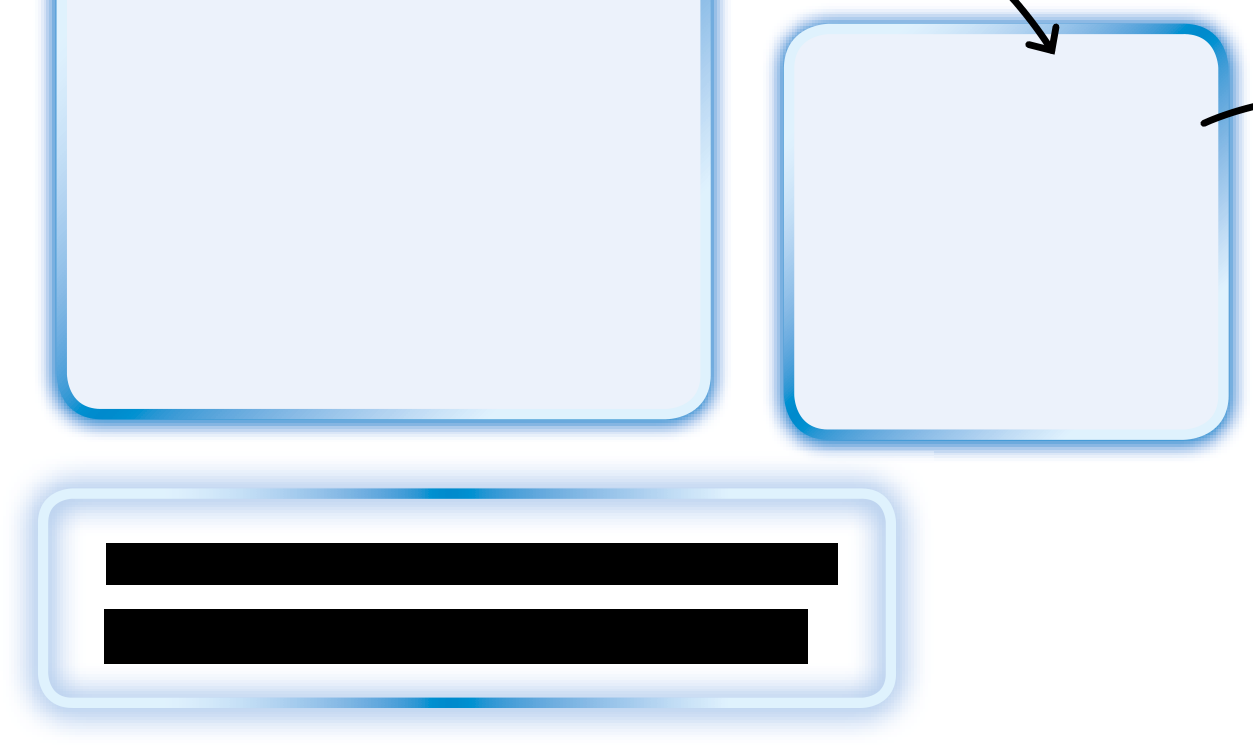

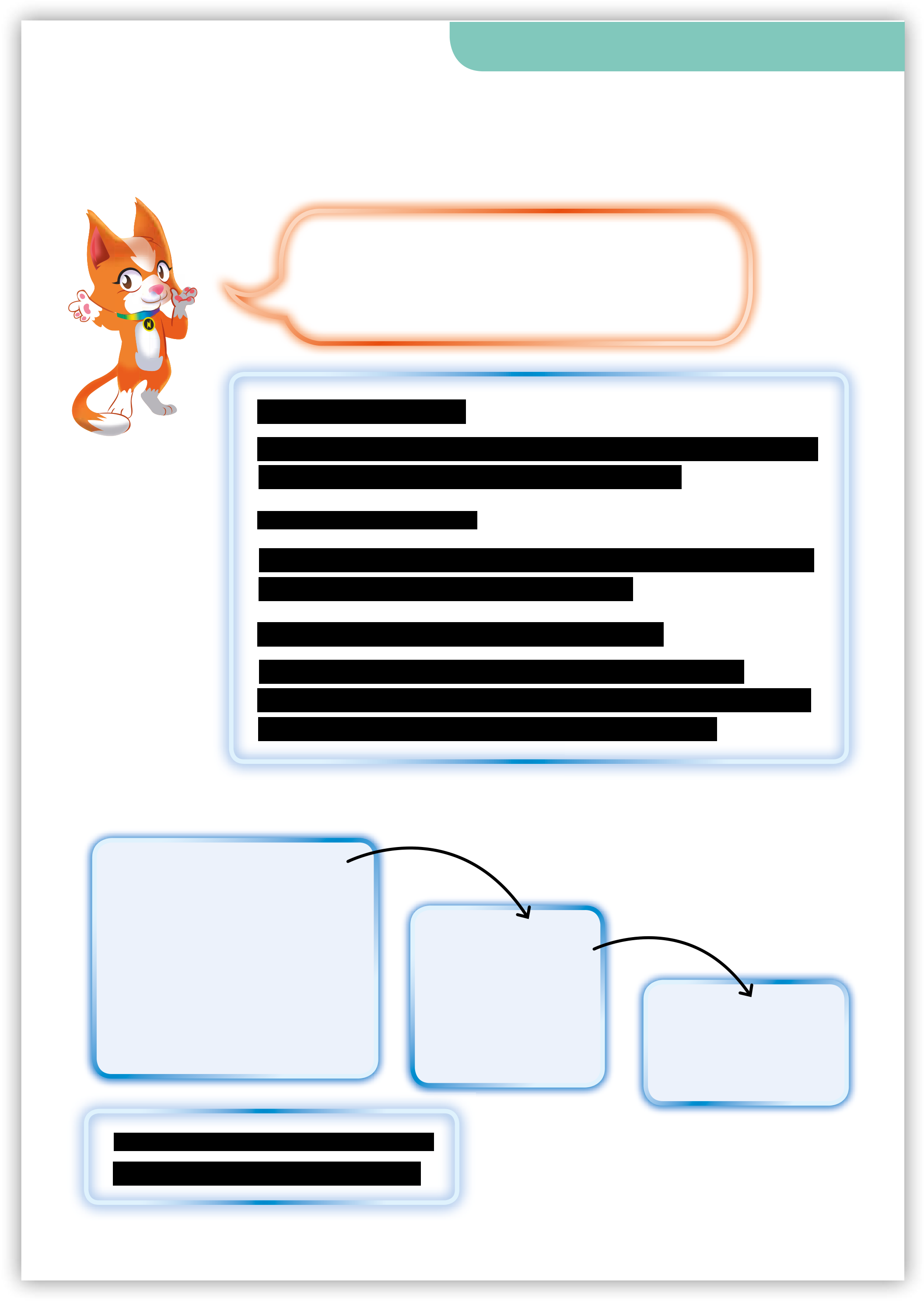
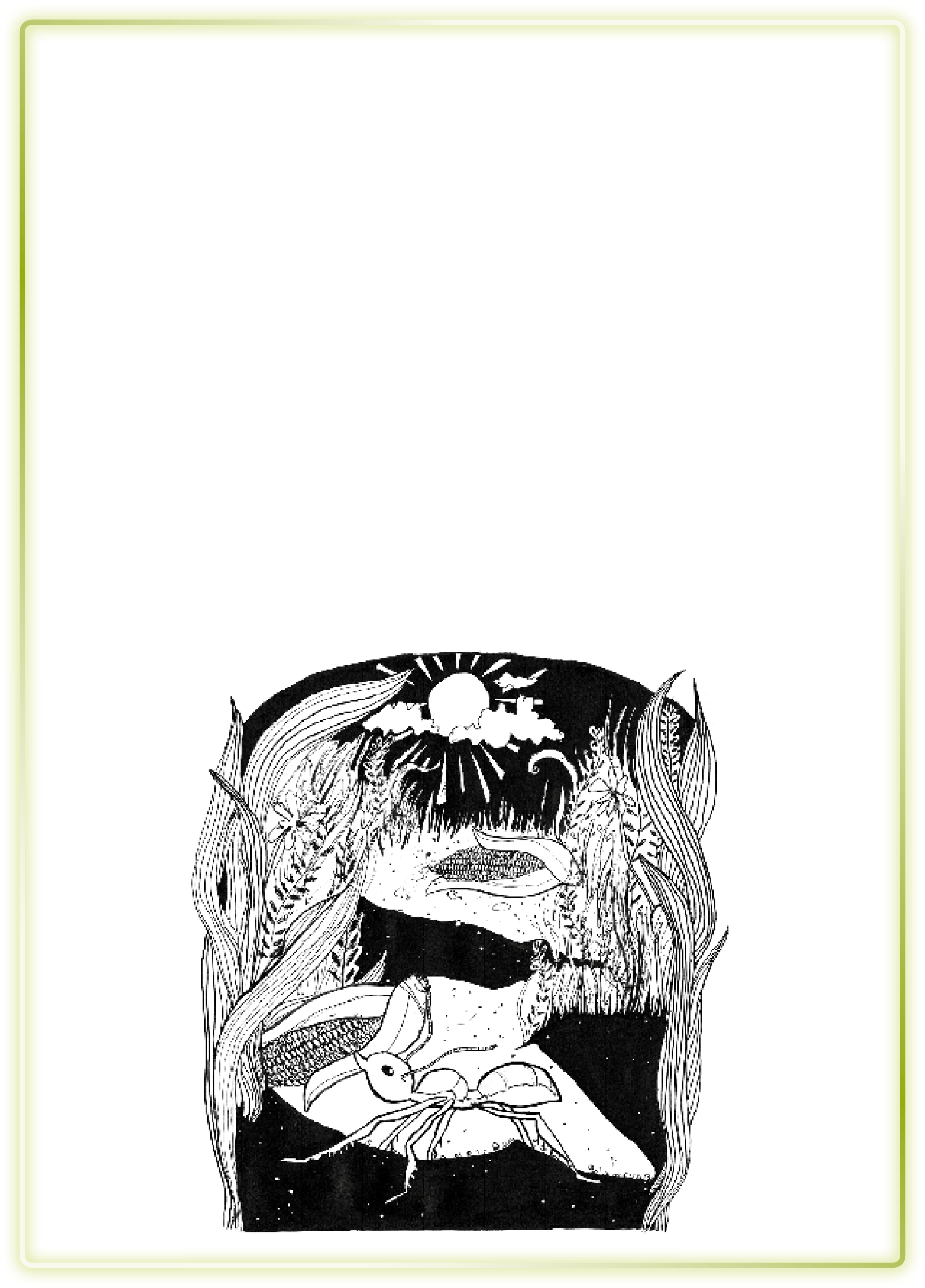
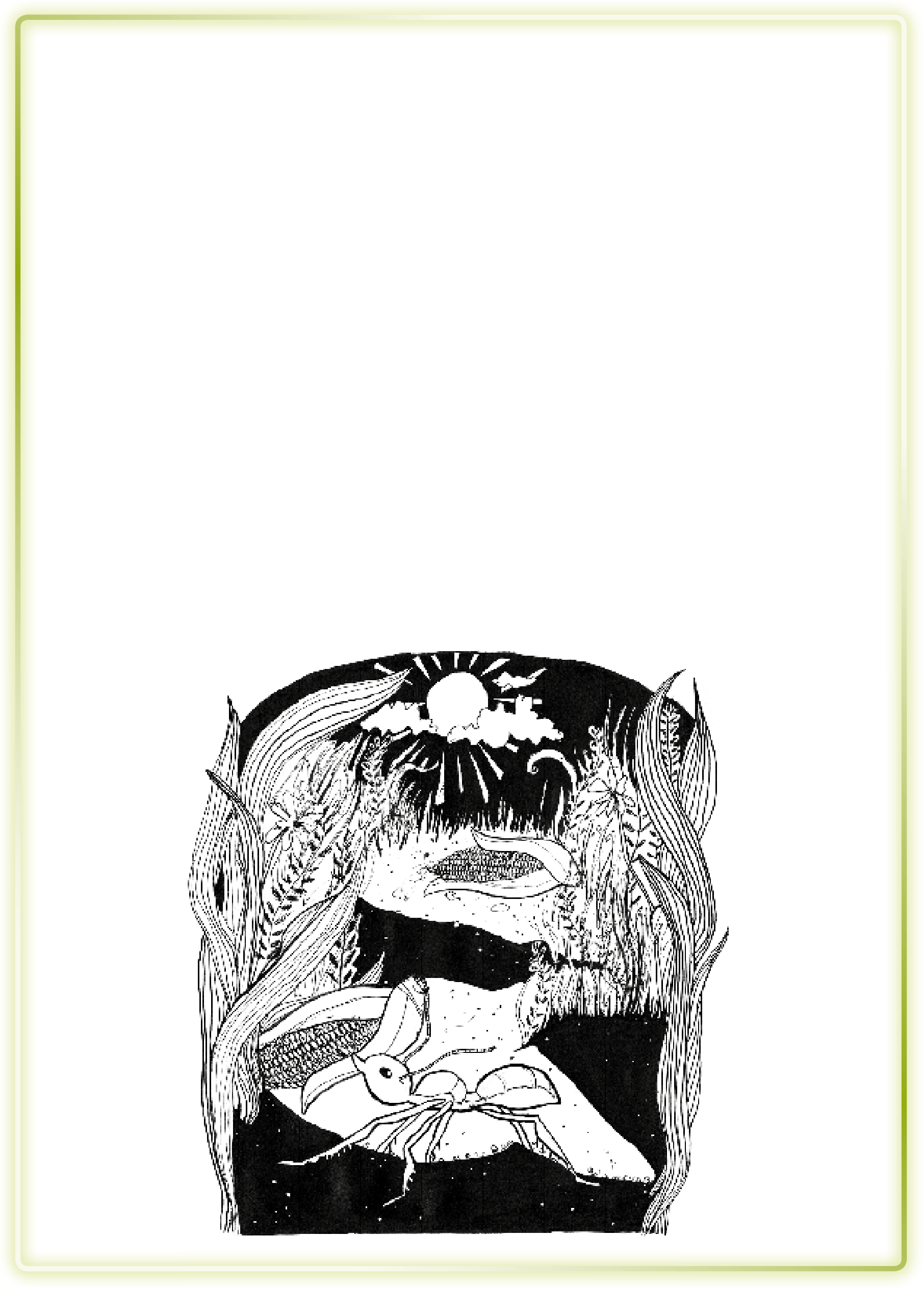
You might enjoy writing a story that also teaches an important lesson about life, or a moral.
Who are fables for?
1. Introduce your
main characters. Your
|
Add an event | |
|---|---|---|
| greedy or selfi sh; | ||
| well or badly | ||
|
||
|
||
1
PowerWriting_Fables_Genre booklet_Year 3 V4indd.indd 1 07/12/2018 09:19
The sensible ant replied, without looking up from her work, “I’m getting ready for the winter. I advise you to do the same.”
“Oh, winter’s a long way away,” said the grasshopper, and he
| 22 | YEAR 3: FABLES – GENRE BOOKLET SAMPLE | 23 |
|---|

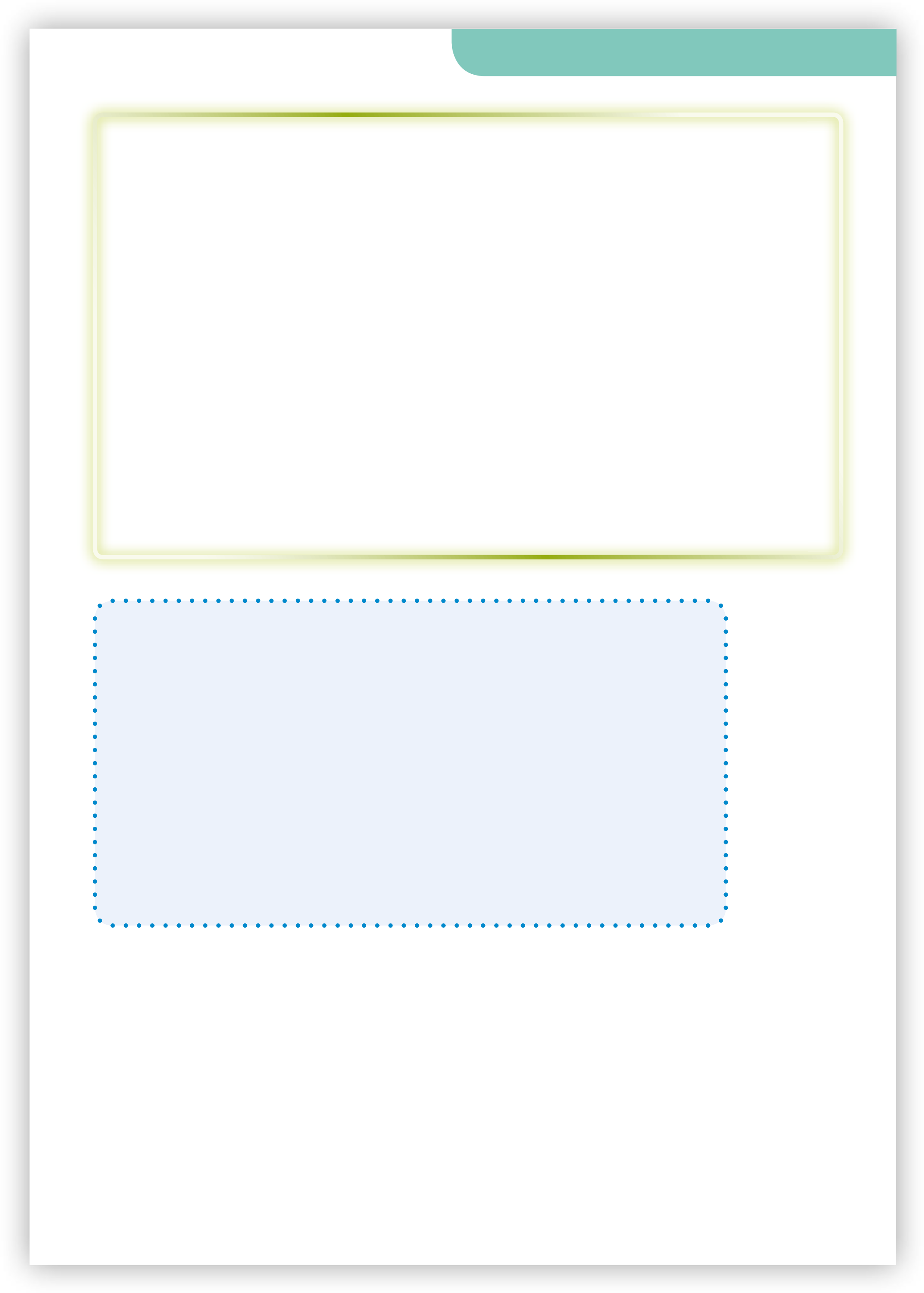
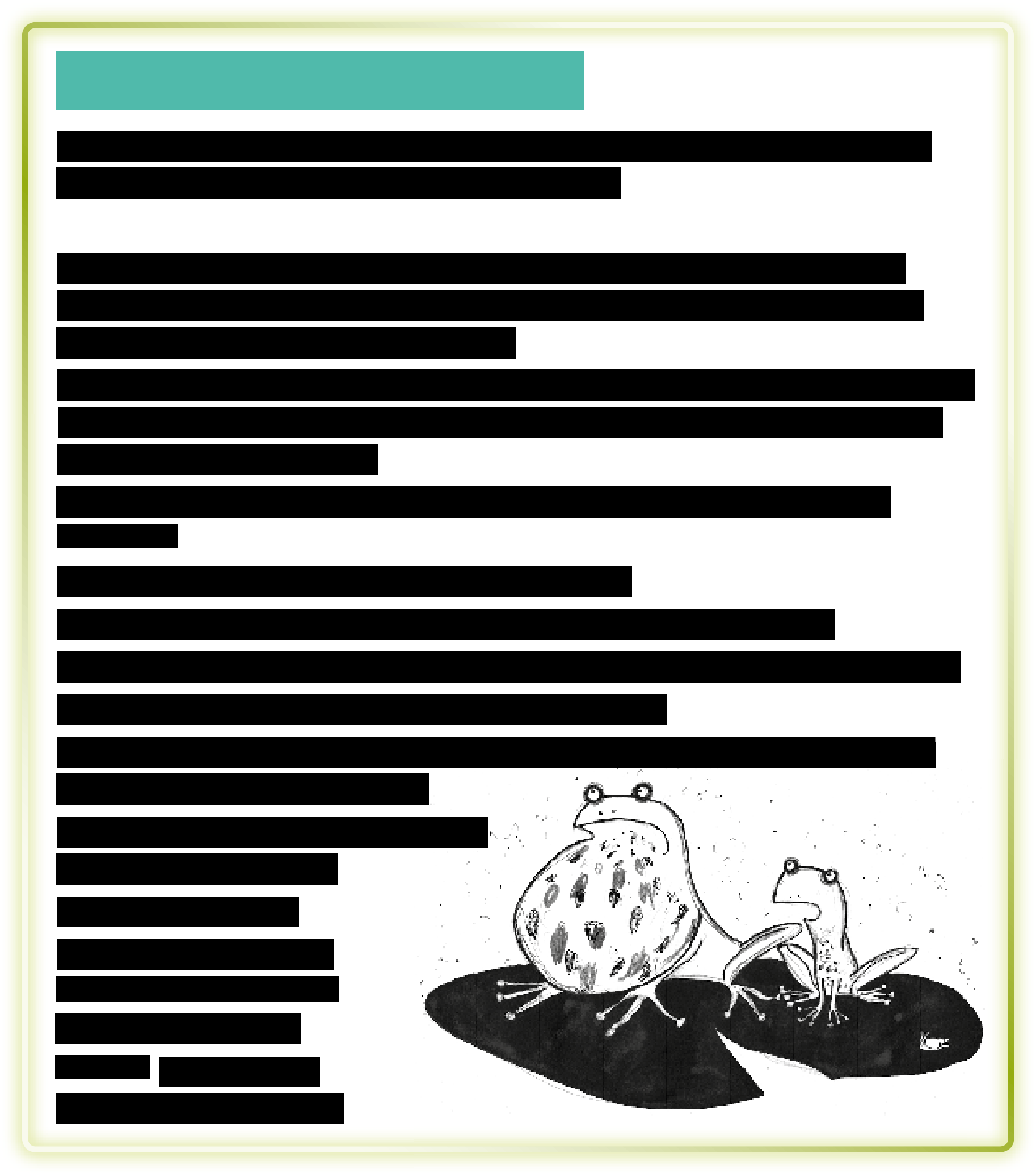
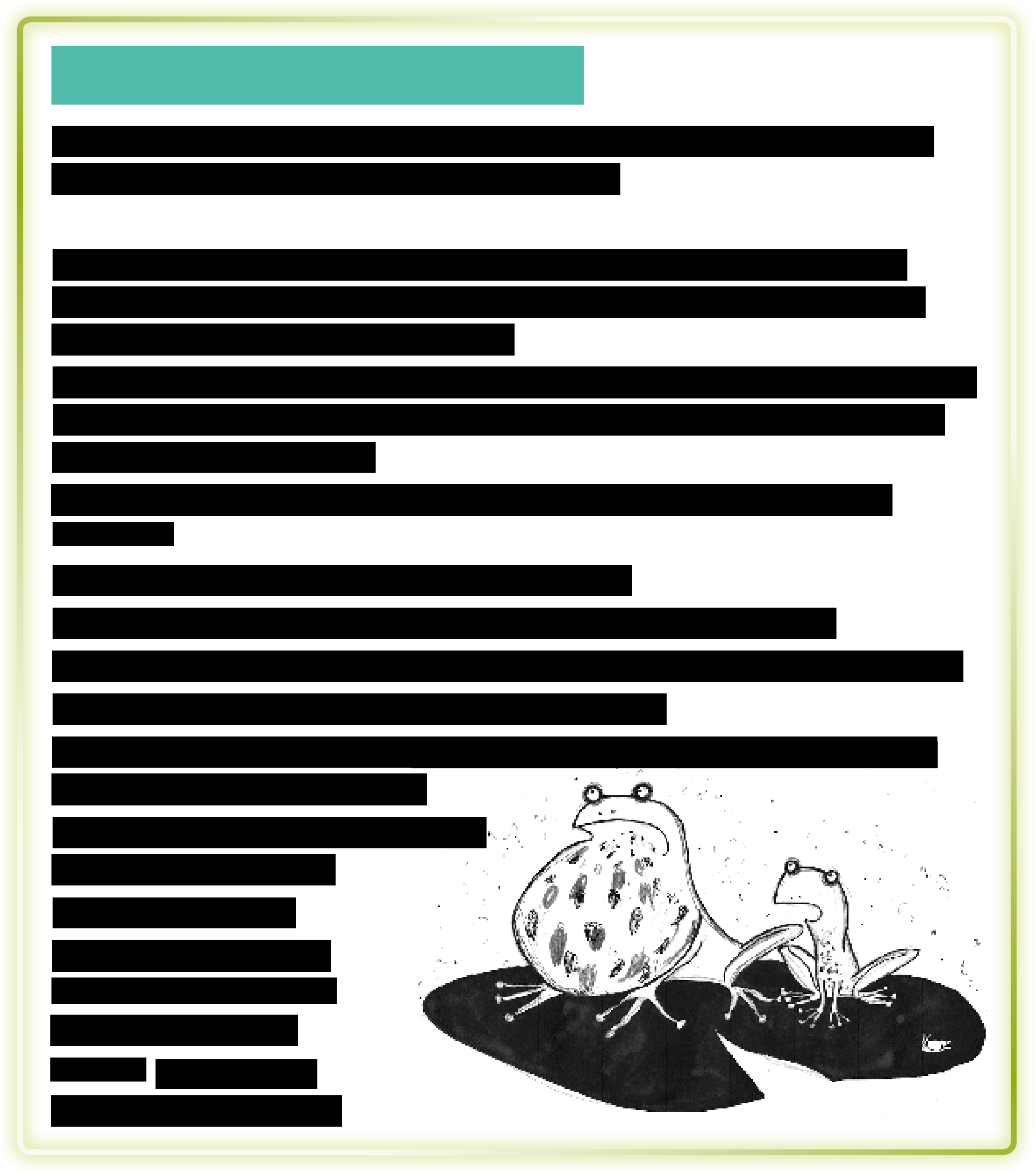

Class writing project:Fables 1 (Traditional fables)
Think about ...
What do you like about the way the writer has written this fable?
07/12/2018 09:19
|
|---|
“Was he as big as this?” he asked his son.
“No! He was much bigger than that!” exclaimed his son.
Moral: Don’t try to
|
|---|
| What might you borrow from this fable? |
|---|
| 4 |
| 24 |
|
YEAR 3: FABLES – GENRE BOOKLET SAMPLE | 25 |
|---|

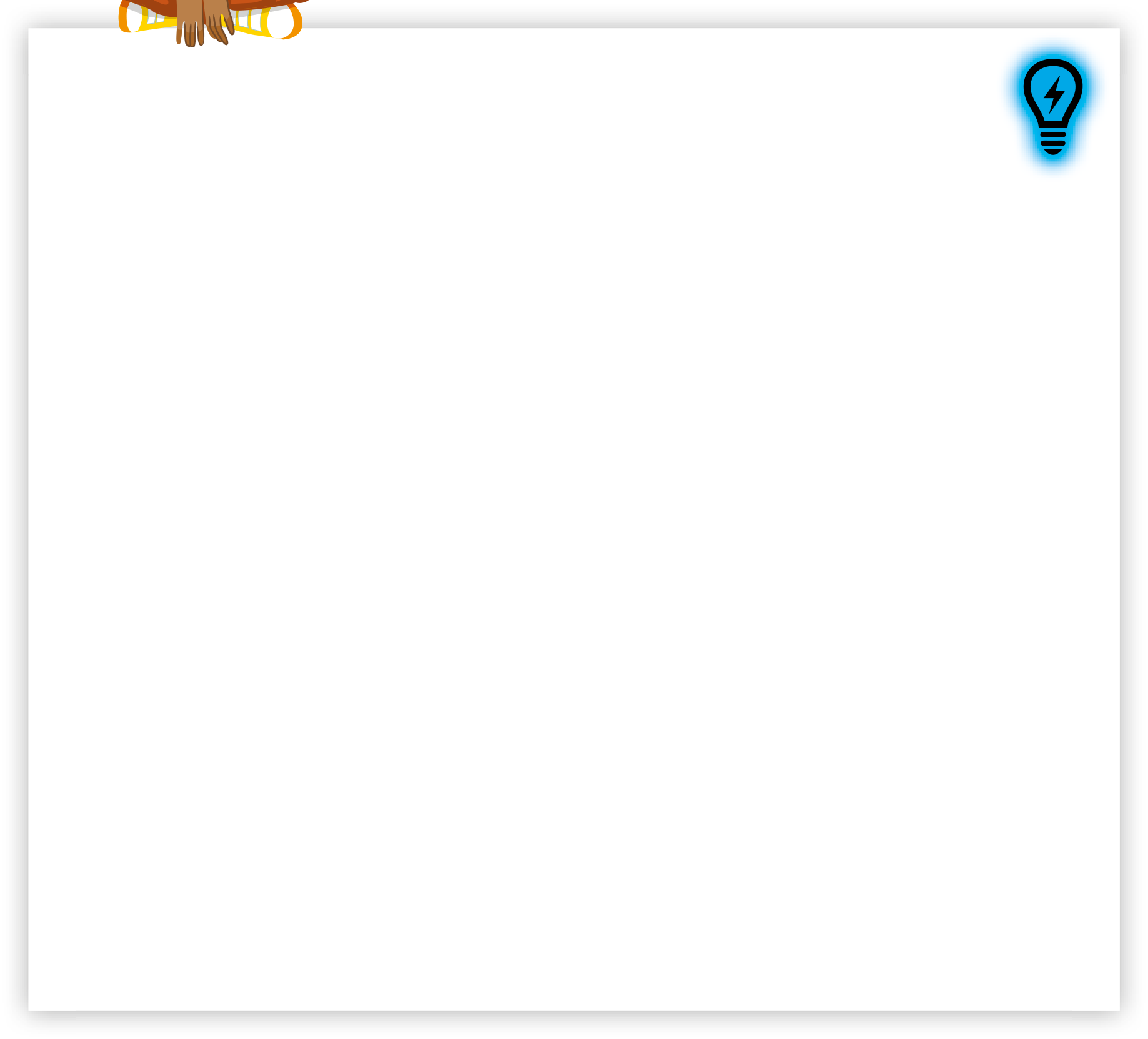
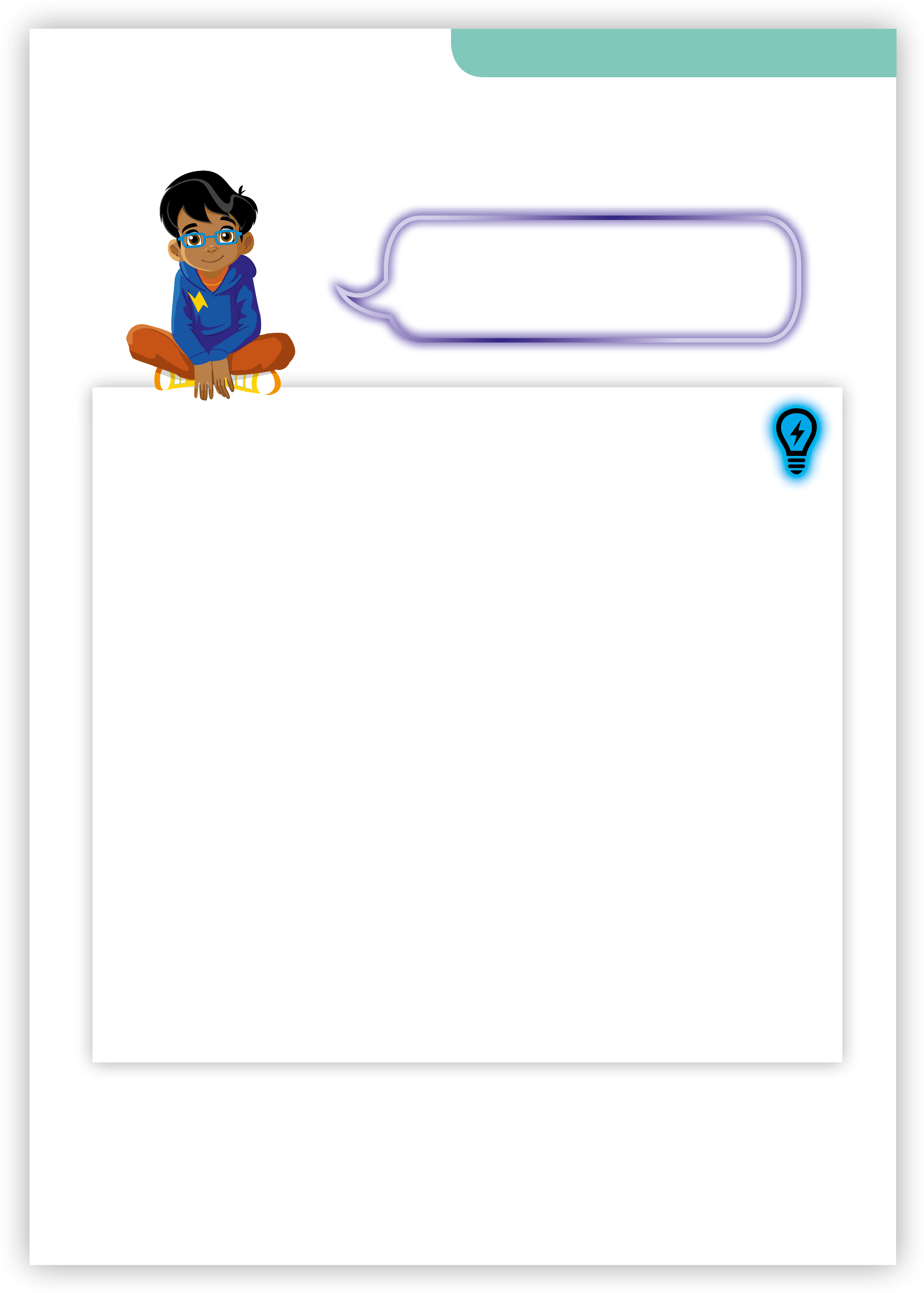
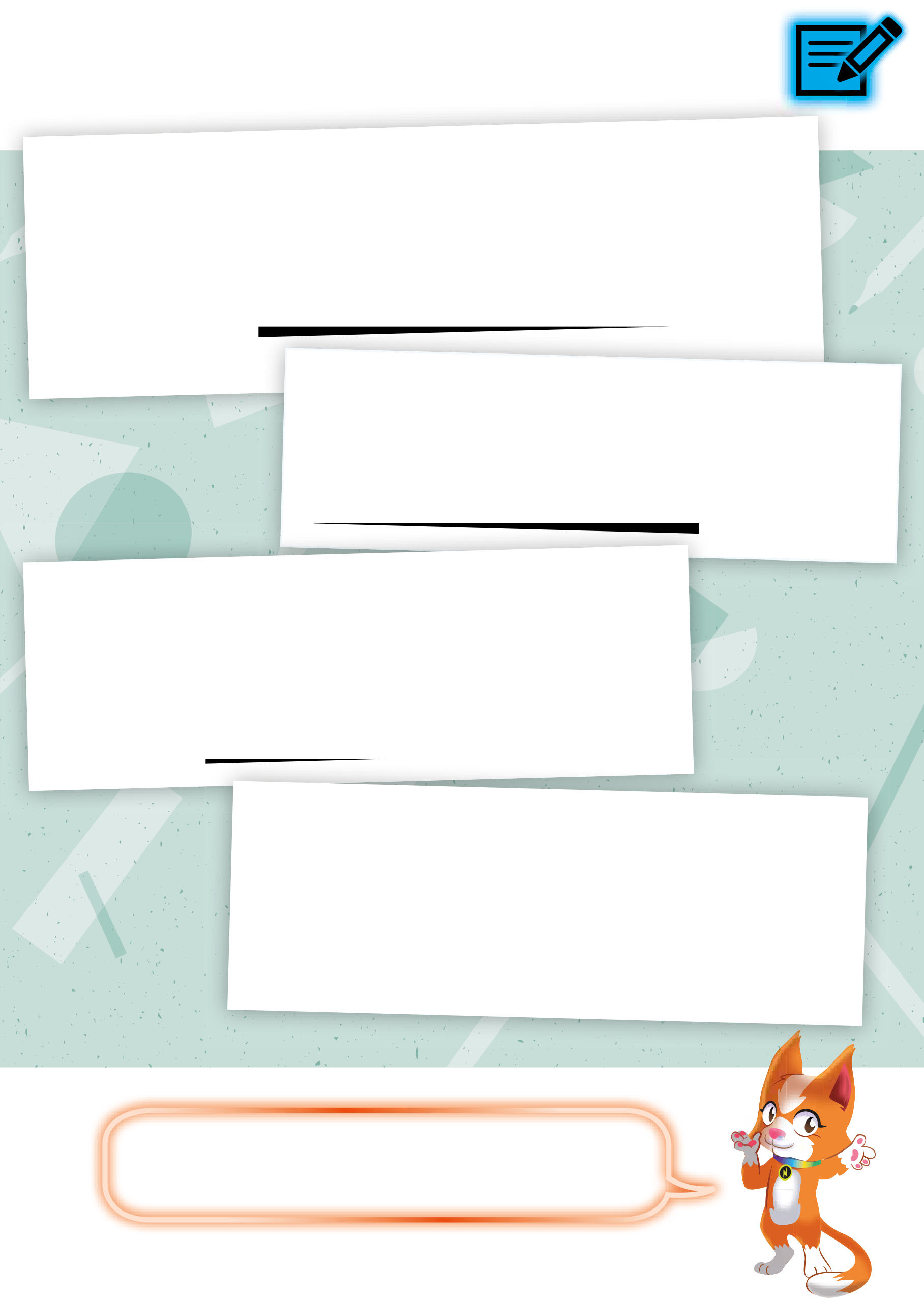

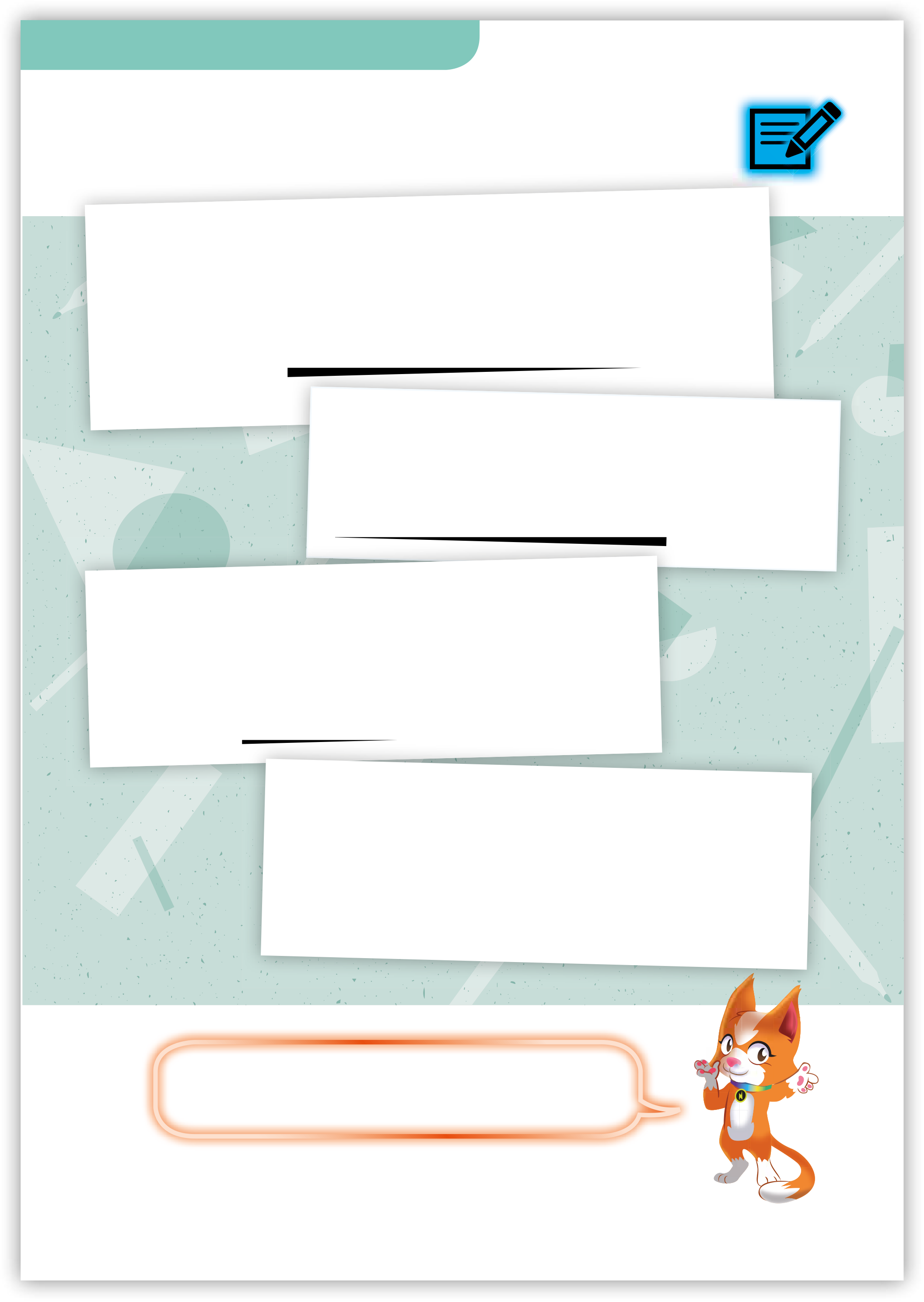
You may have been reading fables recently. You may even have a
favourite one. Why not borrow the moral and write your own fable
about it?You may have a favourite character from a fable you have read. Why
not teach that character another lesson?The things your characters say can be a
great way of moving the action along.5 6
| 26 | 07/12/2018 09:19 | 27 | ||
|---|---|---|---|---|
| YEAR 3: FABLES – GENRE BOOKLET SAMPLE |
| Drafting | Class writing project:Fables 1 (Traditional fables) | |
|---|---|---|
|
|
|
| I think I can improve my writing by | ||
| asking myself these questions and | ||
| making changes to see what works best. |
• Include adverbials of time to help show the order of events,
e.g. One beautiful summer’s day …, The next day …, or In the
end …• Use noun phrases and poetic language to describe your
characters.next? - Put a box where the
- Read it to a partner punctuation might need- Get your partner to ask to go
| 28 |
|
7 |
|
29 |
|---|---|---|---|---|
| 07/12/2018 09:19 | ||||
| YEAR 3: FABLES – GENRE BOOKLET SAMPLE |
| 30 | Class writing project:Fables 1 (Traditional fables) | Class writing project: Fables 1 (Traditional fables) | 10/12/2018 15:54 | ||||||||||||||||||||||||||
|---|---|---|---|---|---|---|---|---|---|---|---|---|---|---|---|---|---|---|---|---|---|---|---|---|---|---|---|---|---|
|
|
|
|
|
|||||||||||||||||||||||||
|
|||||||||||||||||||||||||||||
| The purpose of my fable is to … | |||||||||||||||||||||||||||||
|
|||||||||||||||||||||||||||||
| 3rd re-read and improve | Try out the following things on your revision page. If you like them, add them to your piece. |
Fronted adverbials for: | - Time | - Place | - How | Subordinating clauses: | - when | - if | - because | - as | - after | - before |
|
||||||||||||||||
|
|||||||||||||||||||||||||||||
|
|||||||||||||||||||||||||||||
|
|
|
|||||||||||||||||||||||||||
|
|||||||||||||||||||||||||||||
| Fix your ‘yawny bits’. |
|
||||||||||||||||||||||||||||
|
|||||||||||||||||||||||||||||
| 9 | |||||||||||||||||||||||||||||
| 280 | |||||||||||||||||||||||||||||
| 07/12/2018 09:19 | |||||||||||||||||||||||||||||
| YEAR 3: FABLES – PLANNING GRID SAMPLE | 31 | ||||||||||||||||||||||||||||
Class writing project:
Biography
Why write biography?
|
● Encourage children to choose someone |
|
|---|---|---|
| they have easy access to for interviewing. | ||
| In your homework letter about | ||
| interviewing, you are going to want | ||
| to make it clear that the interviewee | ||
| is encouraged to share background |
|
|
| information about their early life, their |
|
|
| main achievement or strongest memory | ||
| and what happened aft er this memorable | ||
| event or moment occurred. | ||
| ● For your more experienced or enthusiastic | ||
|
||
| writers, you may want to encourage them |
|
|
| to dig a little deeper into the era in which | ||
| they are writing about. They can start | ||
| their biography with a descriptive setting | ||
| of the scene. |
showcasing the writing too.
1
 |
PowerEnglish_Y5Biography.indd 1 | |||
|---|---|---|---|---|
| 33 |
Class writing project: Biography Class writing project: Biography
Writing biography Writing biography
Genre Study 1: Introducing biography Genre Study 1: Introducing biography
Class writing goal Class writing goal
| OVERVIEW | ||
|---|---|---|
(Field) What your biography going to be about? (Field) What your biography going to be about?
You can write about world-famous people, though often we already know about them or they have things already You can write about world-famous people, though often we already know about them or they have things already
unfairly, there is less written about women in history compared to men. unfairly, there is less written about women in history compared to men.
• You will need to introduce who your biography is about, when they were born and when they died (if they have yet!), • You will need to introduce who your biography is about, when they were born and when they died (if they have yet!),
people. They will then continue to work on their personal writing projects. people. They will then continue to work on their personal writing projects.
PREPARATION AND RESOURCES PREPARATION AND RESOURCES
• Writing wheel (ITR and PCM, pxx)• Writing wheel (ITR and PCM, pxx)
|
STUDY | |
|---|---|---|
You have to make sure you choose someone who people will like to hear about but might not know about. You then have You have to make sure you choose someone who people will like to hear about but might not know about. You then have
to keep the biography interesting throughout. You do not want your readers to get bored. to keep the biography interesting throughout. You do not want your readers to get bored.
| DISCUSS |
|
|
|---|---|---|
|
(Mode) What should your biography look like? (Mode) What should your biography look like?
Your biography should: Your biography should:
Display the Writing wheel ITR on the whiteboard, and hand out printed copies. Display the Writing wheel ITR on the whiteboard, and hand out printed copies.
Ask the following questions: Ask the following questions:
• Who knows someone who has seen an amazing event?• Who knows someone who has seen an amazing event?
• What stories have you been told by members of your family about their past?• What stories have you been told by members of your family about their past?
| • photographs | • maps | • letters | PLENARY |
|
|---|
(Semantics) How can you make your biography clear and interesting? (Semantics) How can you make your biography clear and interesting?
| me in your biography. Time |
|
|
||||
|---|---|---|---|---|---|---|
|
|
|||||
| 2 |
|
3 |
|
|||
| 04/01/2019 10:14 | ||||||
| 34 | YEAR 5: BIOGRAPHIES – TEACHING GUIDE SAMPLE | 35 | ||||
Class writing project: Biography Class writing project: Biography
Genre Study 2: What makes a Genre Study 2: What makes a
Class writing goal Class writing goal Class writing goal Class writing goal
To discover what makes a good biography To discover what makes a good biography To understand where biography texts can go wrong To understand where biography texts can go wrong
then continue to work on their personal writing projects. then continue to work on their personal writing projects.
|
PREPARATION AND RESOURCES PREPARATION AND RESOURCES |
|---|
(genre booklet p4–5 / ITR) (genre booklet p4–5 / ITR) text exemplar using the writing project’s opening text exemplar using the writing project’s opening
guidance. This should be about someone who is guidance. This should be about someone who is
• Biography genre booklets• Biography genre booklets the following as a guide: the following as a guide:
• Pre-written ineffective biography exemplar:• Pre-written ineffective biography exemplar: – don’t mention who, when and where – don’t mention who, when and where
STUDY STUDY
| • Flip-chart paper |
|
As a class, read the ineffective exemplars of biography texts. As a class, read the ineffective exemplars of biography texts. | |
|---|---|---|---|
| STUDY | DISCUSS | ||
DISCUSS DISCUSS
Explain to children that effective biographies have a specific focus rather than a general focus. You can use the analogy Explain to children that effective biographies have a specific focus rather than a general focus. You can use the analogy
• Why is this such an ineffective biography?• Why is this such an ineffective biography?
• What advice would you give the writer?• What advice would you give the writer?
| CREATE |
|---|
• Why do you think I chose my topic(s)? • Why do you think I chose my topic(s)? the other writers? Why? the other writers? Why? about and who would want to about and who would want to
What was my ‘diamond’? What was my ‘diamond’?• Who has not been written about in • Who has not been written about in read them? read them?
Children share writing from their personal projects, following the established class sharing routine. Place exemplars into the Children share writing from their personal projects, following the established class sharing routine. Place exemplars into the
class library for children to continue reading at their leisure. class library for children to continue reading at their leisure.
| CREATE | PERSONAL WRITING PROJECTS PERSONAL WRITING PROJECTS |
|---|
Throughout the class writing project, once the class writing goal for each session is complete, children carry on with their Throughout the class writing project, once the class writing goal for each session is complete, children carry on with their
personal writing projects at their own pace and using their preferred writing processes. See page xx for more information on personal writing projects at their own pace and using their preferred writing processes. See page xx for more information on
| Children share writing from their personal projects, following the established class sharing routine. Place exemplars into the Children share writing from their personal projects, following the established class sharing routine. Place exemplars into the | 5 | ||||
|---|---|---|---|---|---|
| DEEPEN |
|
||||
|
|||||
4 |
|||||
| 04/01/2019 10:14 | |||||
| 36 | 37 | ||||
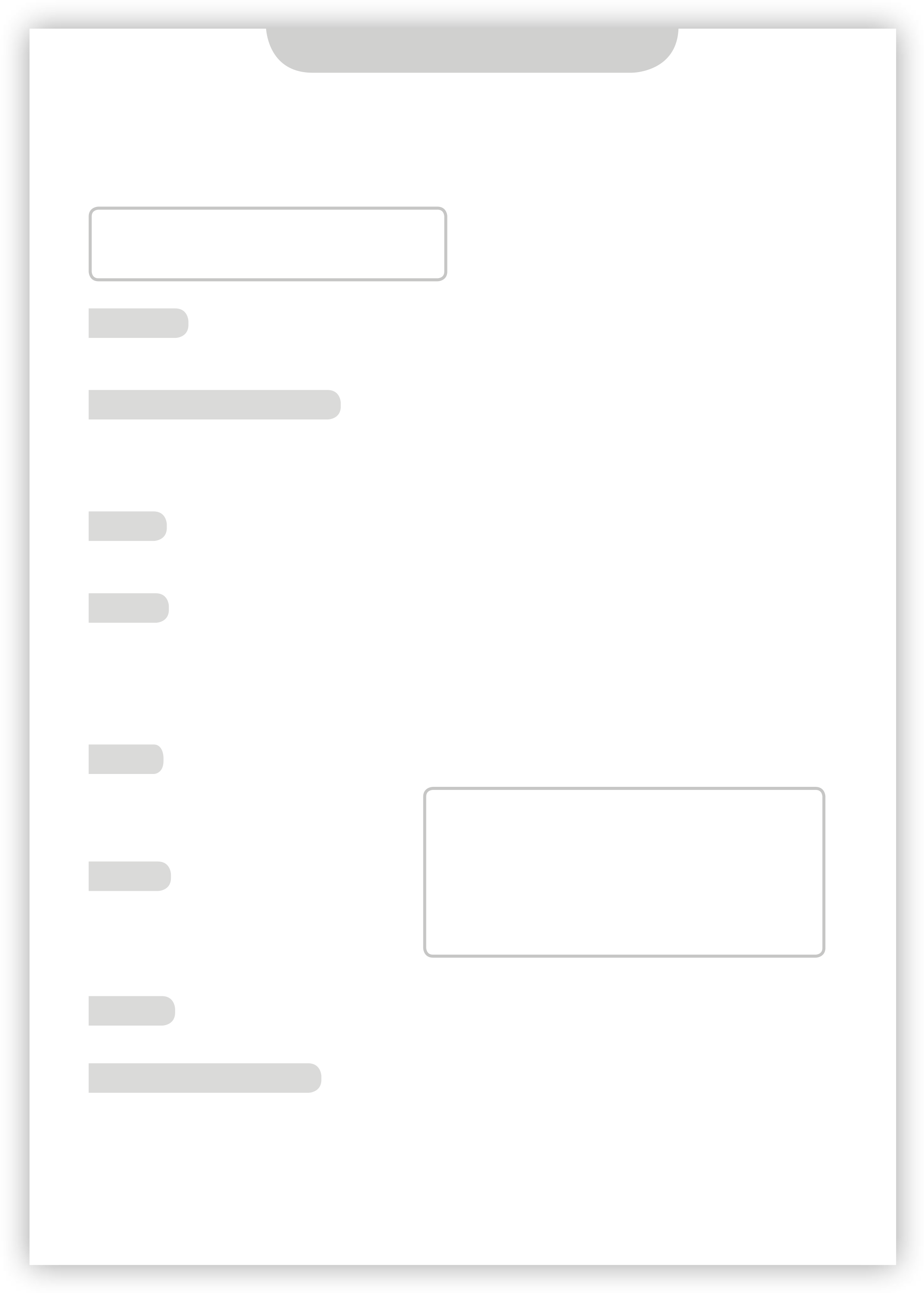
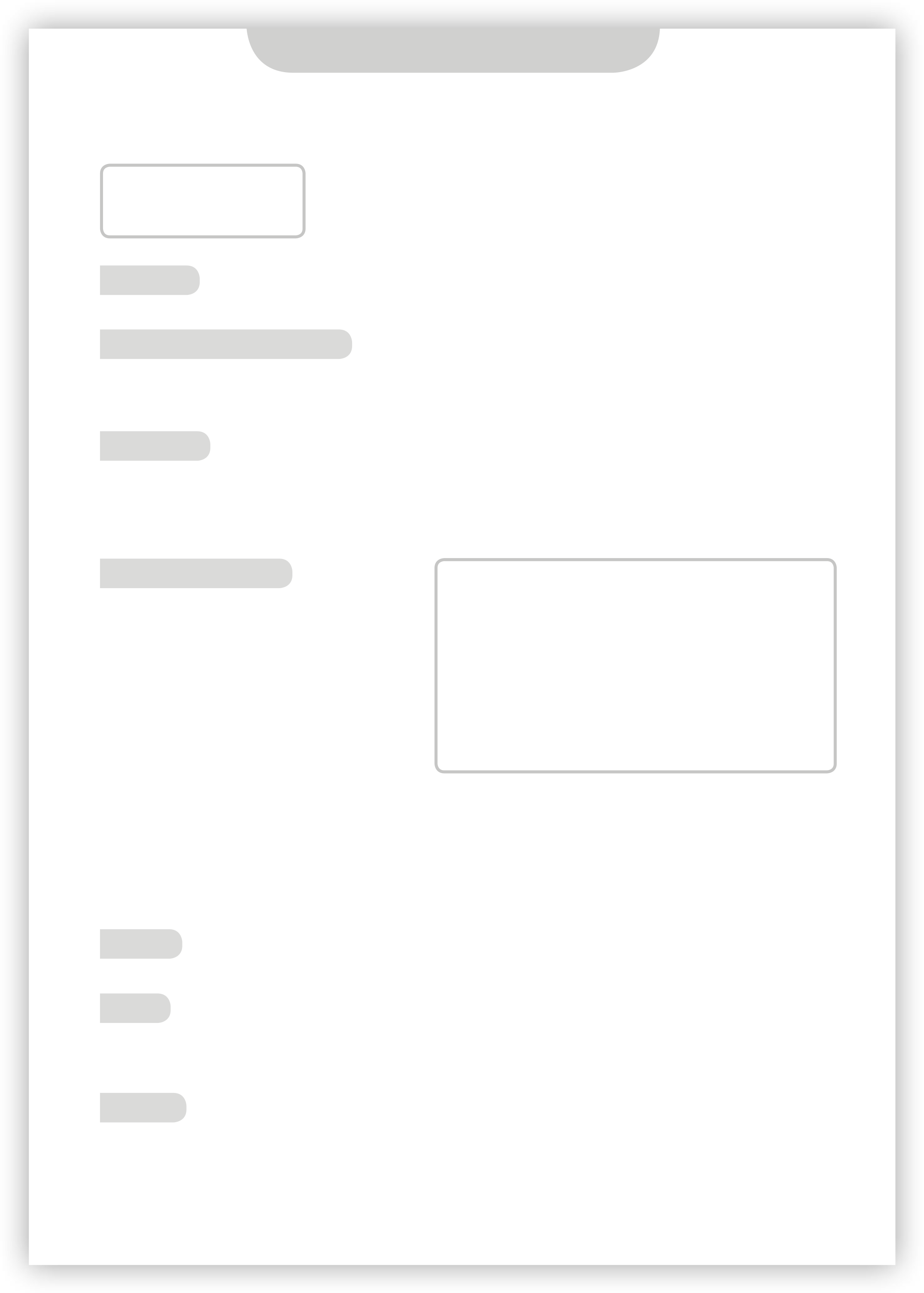
Class writing project: Biography Class writing project: Biography
Class writing goal Class writing goal
|
To plan our biographies To plan our biographies | |
|---|---|---|
| OVERVIEW | ||
Children plan or draft their biographies. Children plan or draft their biographies.
PREPARATION AND RESOURCES PREPARATION AND RESOURCES
| • Biography genre booklets• Biography genre booklets |
|---|
for today’s lesson for today’s lesson • Biography and story planning grid (PCM, pxx)• Biography and story planning grid (PCM, pxx)
|
MINI-LESSON | ||
|---|---|---|---|
| • Flipchart paper | |||
Choose from the suggested mini-lessons for this writing project, which cover aspects of writing study, grammar Choose from the suggested mini-lessons for this writing project, which cover aspects of writing study, grammar
and punctuation: and punctuation:
| STUDY | |||
|---|---|---|---|
|
|||
lives could be asked about. For example, school days, their working or adult lives or old age. lives could be asked about. For example, school days, their working or adult lives or old age.
As their teacher, you might consider sharing some memoir moments from your own life as an example. Children may also As their teacher, you might consider sharing some memoir moments from your own life as an example. Children may also
their biography. Remind them of the different their biography. Remind them of the different should let them know if they are assuming too much prior should let them know if they are assuming too much prior
writing styles writers often use. These include being writing styles writers often use. These include being knowledge from their reader and whether anything needs knowledge from their reader and whether anything needs
| CREATE |
|
Children start to plan their biography texts. Remind Children start to plan their biography texts. Remind and they can bring in any extra information required the next day. and they can bring in any extra information required the next day. |
|---|---|---|
| them what a plan is for (to help them organise them what a plan is for (to help them organise |
Children generate a list of potential people they Children generate a list of potential people they
would like to talk to. would like to talk to.
Read through the homework letter (PCM, pxx) and Read through the homework letter (PCM, pxx) and
ideas and research so that they know what their text will include). You could show a plan of your own, or display the example ideas and research so that they know what their text will include). You could show a plan of your own, or display the example
Information texts planning grid (ITR). Children may also find it useful to look at the planning advice on page 7 of their Information texts planning grid (ITR). Children may also find it useful to look at the planning advice on page 7 of their
page 10 of their Biography genre booklets and the Drafting rules ITR. page 10 of their Biography genre booklets and the Drafting rules ITR.
PLENARY PLENARY
| SUPPORT | DEEPEN |
|---|
PERSONAL WRITING PROJECTS PERSONAL WRITING PROJECTS
When planning their biography, encourage children to try to merge it with setting and character description, using the When planning their biography, encourage children to try to merge it with setting and character description, using the
| OVERMATTER |
|
||||||
|---|---|---|---|---|---|---|---|
|
personal writing projects an persona |
||||||
|
|||||||
| 6 | 7 | ||||||
| 04/01/2019 10:14 | |||||||
| 38 |
|
YEAR 5: BIOGRAPHIES – TEACHING GUIDE SAMPLE | 39 | ||||
